One recent success...
One of the nagging problems I've been having with Nebula is how to handle the 'goal' tiles. For a while now I've had rectangular tiles with various objectives and victory point values on them. These tiles serve three purposes: to give the players another vector for scoring victory points, to add variety between plays (because the tiles are randomly selected), and to give players some direction on a board that otherwise has an overwhelming number of possible starting strategies. The tiles have accomplished these purposes. However, just because they fit the parameters doesn't mean they are good:
Frustration. Couldn't find the right idea. And then I got a suggestion from another designer: tie the goals into the Upgrade system.
Aside form the 'goal' tiles, Nebula also has square 'upgrade' tiles that give special powers and a small number of victory points. Players can only hold a certain number of upgrades at a time, though that capacity can be increased by repairing one of the ship's systems in particular. The suggestion was to roll the goals into that mechanic, have the goals occupy the same slots that the upgrades use, forcing the player to choose between special powers and victory points, and perhaps creating an inflection point during the game when the player would want to switch from one to the other.
I further modified the upgrades to not have victory points at all; tiles are now either resource boosts or vp, not both. (Okay, with one exception, but that one's pretty small and might not even survive testing.) I also ditched the upgrades that give a one-time special power or boost, and balanced the power level of the rest so that they are all now consistently 'once per round' effects. (Fewer variation in the mechanics means easier to learn game.) I changed the upgrade slots to designate that they can hold an upgrade tile, a goal tile, or the player's choice of either one. I also got rid of the rule that some upgrades are locked in place; any tile can be discarded at will, making for further consistency.
So far the change has worked very well. With players having to acquire the goal tiles themselves (all tiles are draw-two-keep-one), instead of just having them assigned, it gives the players a choice of what strategy they want to pursue. Also, since players now have to work a little for their the goal tiles, it forces them to invest in them mentally, which means, they are less inclined to forget about or ignore them. The tiles themselves are not well balanced yet, but that is secondary to making sure the core of the mechanic works.
One problem solved, about a thousand left. But it's progress, can't argue with that. Hopefully I should have another post soon... I have one more hurdle that I hope I'm about to get over.
One of the nagging problems I've been having with Nebula is how to handle the 'goal' tiles. For a while now I've had rectangular tiles with various objectives and victory point values on them. These tiles serve three purposes: to give the players another vector for scoring victory points, to add variety between plays (because the tiles are randomly selected), and to give players some direction on a board that otherwise has an overwhelming number of possible starting strategies. The tiles have accomplished these purposes. However, just because they fit the parameters doesn't mean they are good:
- I've tried putting many goals in the center of the table that apply to all players, with the condition that each player can only choose two of them that they want to score. Players complained that they couldn't decide between too many options.
- I've tried putting just two goals in the center that apply to all players. Players either forgot about them, ignored them, or claimed that they weren't 'interesting' enough to pursue. (And then were unhappy when they lost because they didn't get the points from them.)
- I've tried giving 'personal' goals to each player. Players complained that that the goals weren't balanced.
- I've tried putting goals *between* the players (ala Between Two Cities), so each player had one goal to each side that applied to them. Still got complaints about balance and disinterest.
- I've tried making the goals use player interaction; goals were stated as 'first to do X'. Players didn't want to be bothered with parsing other players' boards to determine which goals were worth pursuing.
- I've tried stating the goals as 'player with the most X'. Same problem with players not wanting to look at other players' boards.
Frustration. Couldn't find the right idea. And then I got a suggestion from another designer: tie the goals into the Upgrade system.
Aside form the 'goal' tiles, Nebula also has square 'upgrade' tiles that give special powers and a small number of victory points. Players can only hold a certain number of upgrades at a time, though that capacity can be increased by repairing one of the ship's systems in particular. The suggestion was to roll the goals into that mechanic, have the goals occupy the same slots that the upgrades use, forcing the player to choose between special powers and victory points, and perhaps creating an inflection point during the game when the player would want to switch from one to the other.
I further modified the upgrades to not have victory points at all; tiles are now either resource boosts or vp, not both. (Okay, with one exception, but that one's pretty small and might not even survive testing.) I also ditched the upgrades that give a one-time special power or boost, and balanced the power level of the rest so that they are all now consistently 'once per round' effects. (Fewer variation in the mechanics means easier to learn game.) I changed the upgrade slots to designate that they can hold an upgrade tile, a goal tile, or the player's choice of either one. I also got rid of the rule that some upgrades are locked in place; any tile can be discarded at will, making for further consistency.
So far the change has worked very well. With players having to acquire the goal tiles themselves (all tiles are draw-two-keep-one), instead of just having them assigned, it gives the players a choice of what strategy they want to pursue. Also, since players now have to work a little for their the goal tiles, it forces them to invest in them mentally, which means, they are less inclined to forget about or ignore them. The tiles themselves are not well balanced yet, but that is secondary to making sure the core of the mechanic works.
One problem solved, about a thousand left. But it's progress, can't argue with that. Hopefully I should have another post soon... I have one more hurdle that I hope I'm about to get over.
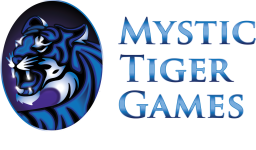




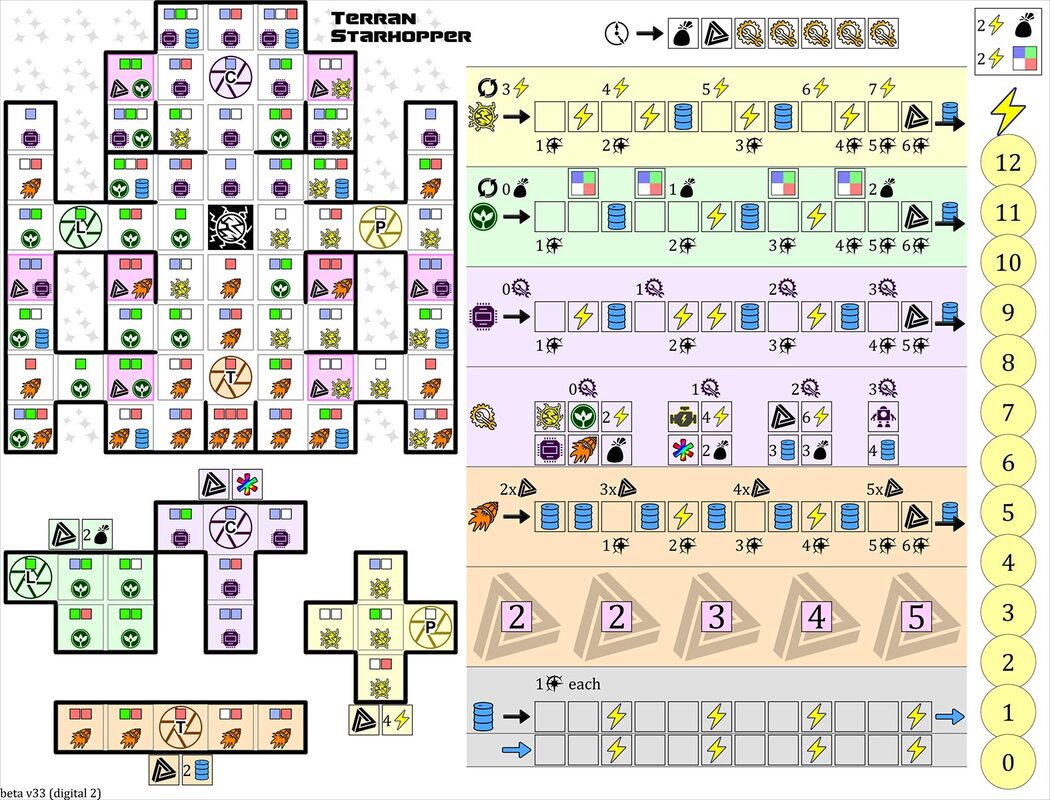

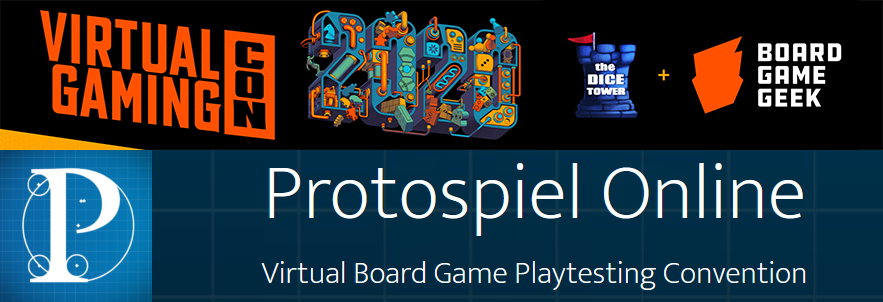
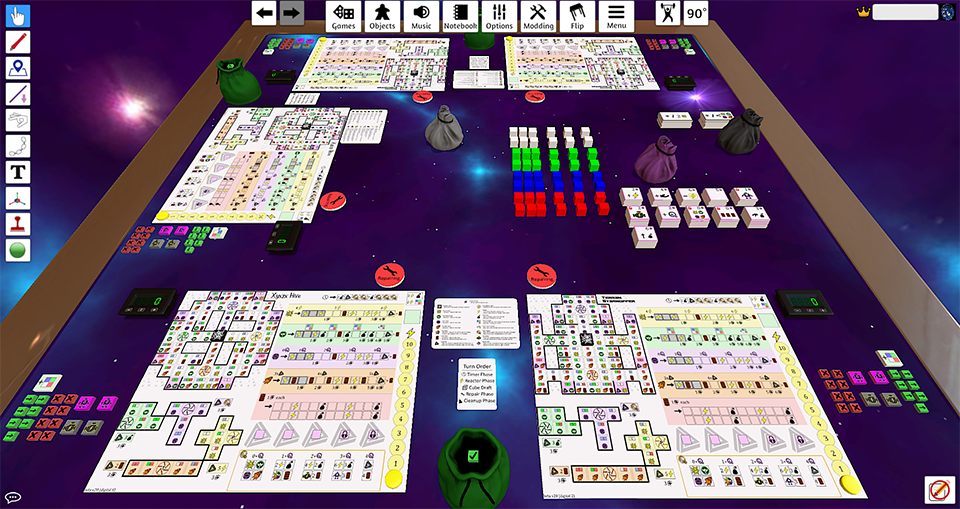
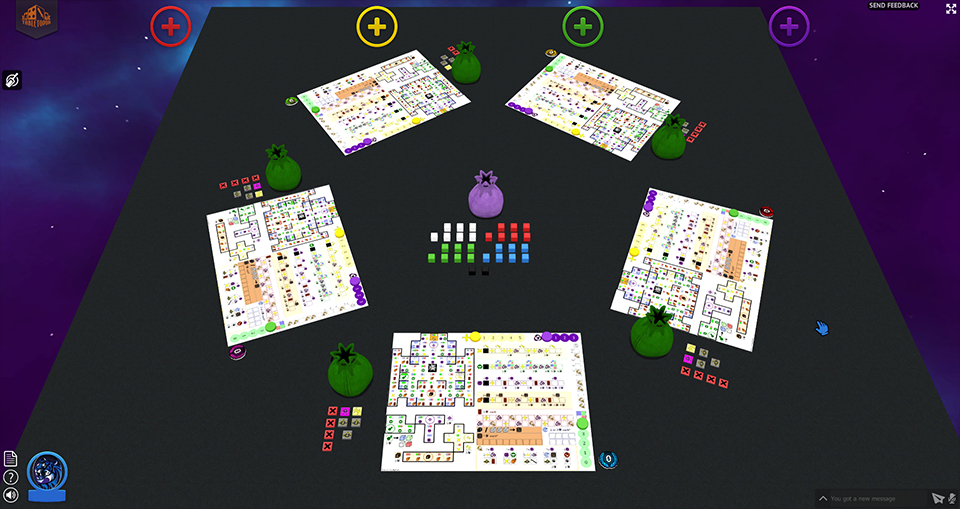

 RSS Feed
RSS Feed